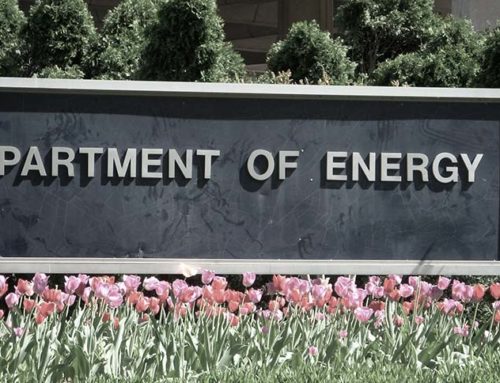The House and Senate are currently debating the merits of different versions of bills to provide more than $120 billion for emergency spending for expenses related to the wars in Iraq and Afghanistan and the global war against terror. This is the fifth year of the war in Iraq and the seventh year we have been fighting terror in Afghanistan and across the globe, so we believe it is time for lawmakers to take a bold step and ‘just say no’ to any more emergency spending bills for these purposes.
Since the planning stages of the war, one festering problem is that fiscal accountability and transparency remain an afterthought. The administration’s initial approach was to lowball the costs of the war. When asked by Ted Koppel on Nightline, Director Andrew Natsios of the U.S. Agency for International Development said taxpayers would spend a mere $1.7 billion on the rebuilding of Iraq. Mitch Daniels, then Director of the Office of Management and Budget, predicted a $60 billion dollar price tag and National Economic Advisor Larry Lindsey was fired for telling the Wall Street Journal that war costs would total $200 billion. More appropriate would have been to fire him for underestimating war expenses, since a new Congressional Research Service report puts the running tab at just over $510 billion (250k pdf).
The administration’s inability to admit to itself the real cost of the war has forced much of the funding to come from emergency supplemental spending bills. Each year since 2001, Congress has passed at least one emergency bill to cover war costs, making supplemental spending the method of choice for the majority of funding for operations in Iraq, Afghanistan, and the global war on terror. Of the $510 billion spent thus far, $331.8 billion, approximately 65 percent, has come from supplemental spending legislation. If the so-called “bridge fund” included in the fiscal year 2007 appropriations bill is included, the total rises to $401.8 billion. That means nearly 80 percent of all funding for these wars were the result of emergency and supplemental spending, not through regular budgetary means.
Using emergency supplementals remains a popular way to pay for the war because doing so reduces accountability and makes it difficult to evaluate where the money is going. Emergency spending at the Pentagon, for example, is not processed through the Planning, Programming, Budgeting, and Execution System (PPBES), the main mechanism for DOD budget planning. These “emergency” bills also serve to make the annual budget picture look rosier, and have become a magnet for special interest projects unrelated to the war. (This time around is no exception, with billions set aside for the nation’s spinach growers and other such “emergencies” in the House bill).
At this point, however, war spending is no more a budgetary emergency than your next month’s car payment. You know you’re going to have to fork over the dough, so you plan ahead and make sure you have the money when the time comes.
It hasn’t always been like this, either. The continued practice of funding the Iraq war through emergency supplementals is an historical anomaly. During the wars in Korea and Vietnam, the increased spending for war expenses was quickly integrated into overall budget planning.
While not a panacea, eliminating emergency spending for the war in Iraq would be a first step toward bringing accountability to the process. According to the Iraq Study Group, the administration’s dependence on emergency spending “erodes oversight and review by Congress… When the President submits an emergency supplemental request, the authorizing committees are bypassed. The request goes directly to the appropriations committees, and they are pressured by the need to act quickly so that troops in the field do not run out of funds. The result is a spending bill that passes Congress with perfunctory review. Even worse, the must-pass appropriations bill becomes loaded with special spending projects that would not survive the normal review process.”
Emergency bills are the wrong way to fund a war. Banning emergency spending bills will be the first big step in pressuring the Pentagon to get a better handle on its war costs and get a better handle on controlling wasteful spending in Iraq.










